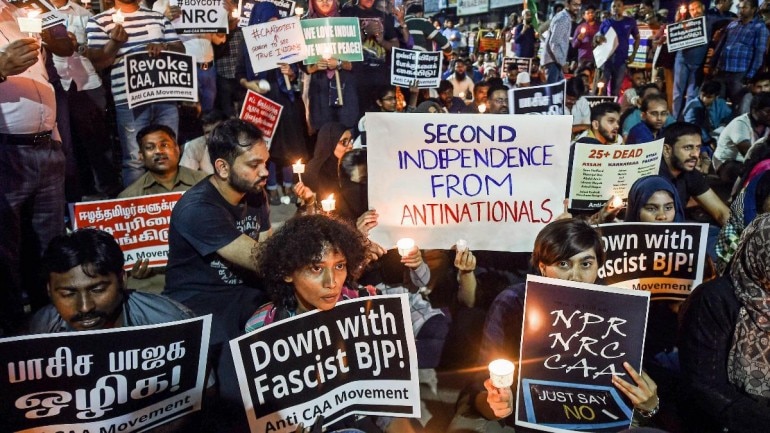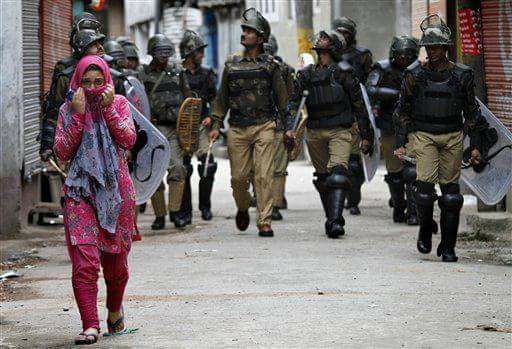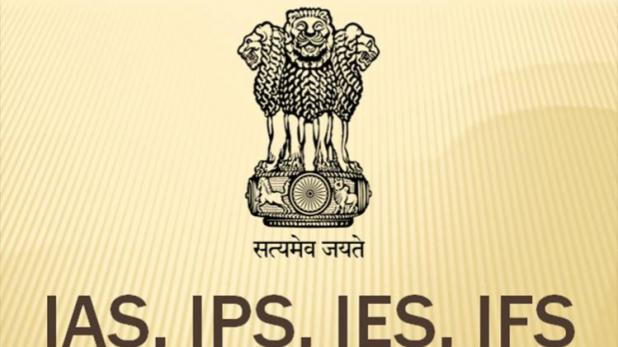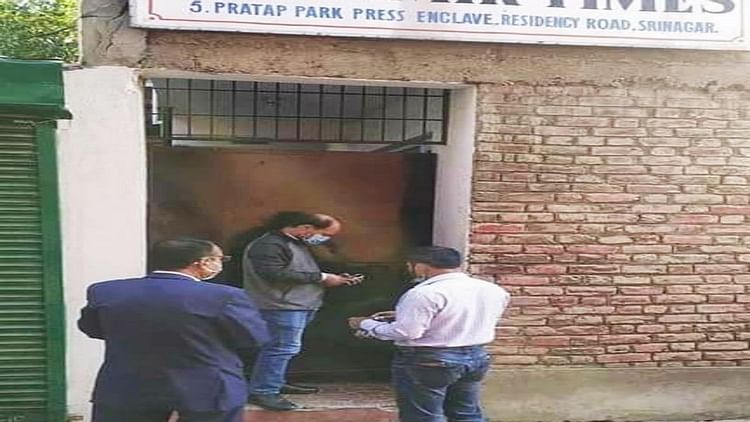Supreme Court bench comprising CJI SA Bobde, J BR Gavai and J Surya Kant today issued notice to the BJP led Modi Government on a petition filed by three farmers seeking a direction for the process of updation of the National Population Register (NPR) to be declared void as unconstitutional.
The petitioners from Bihar Udagar Ram, Bimalesh Kumar Yadav and Sanjay Safi have challenged the power of Section 14-A of the Citizenship Act, 1955 which was inserted through an amendment in 2004.
This provision empowers Central Government to “compulsorily register” every citizen of India and to issue national identity card to one.
Consequently, the Citizenship (Registration of Citizens and Issue of National Identity Cards) Rules, 2003 (Rules) were framed to give effect to this provision.
These have been challenged as being a gross violation of privacy of persons residing in India, which in turn is ultra vires Article 21 of the Constitution. These two aspects culminate in to the updation of NPR, which has no rational nexus and is arbitrary, assert the petitioners.
Referring to the details required to be furnished by an individual for the updation of NPR, it has been reiterated that the same is the nature of private information.
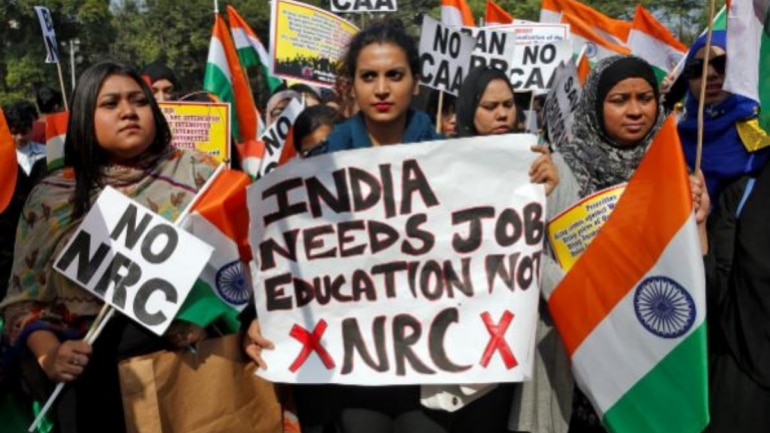
Students Protest spread across India against CAA and NRC
Citing the 2017 Puttaswamy case (right to privacy judgment), the petition states that the tests of Legality, Need and Proportionality must be satisfied in order to impede a person’s fundamental right to privacy.
In this light, Section 14-A and the 2003 Rules do not pass the test for need, they argue. “The central government does not have a stated need to prepare a National Register of Indian Citizens (NRC) for which the creation and updation of a Population Register is first step”.
Further it is argued that the test of proportionality is also not met as there exists no rational nexus between the stated object of inserting Section 14-A and the creation of NRC.
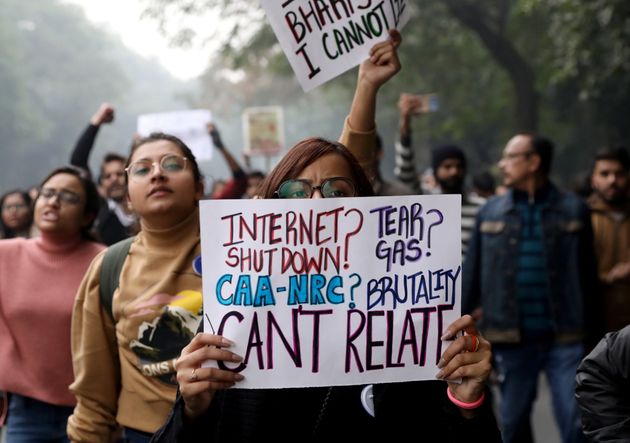
Young Women Students participation in large against CAA and NRC takes BJP led Modi government by Surprise
Rule 4(4) of the (Registration of Citizens and Issue of National Identity Cards) Rules, 2003, which gives power to Local Registrar to mark a person in the NPR as “doubtful citizen” is challenged as manifestly arbitrary. It is contended that the Rules have no guidelines as to how the particulars of an individual would be classified as ‘doubtful’.
It is also argued that putting a burden on every citizen to prove their citizenship, without any reasonable grounds to doubt their credentials, is unreasonable.
“the exercise of updation of the NPR by deeming fiction assumes that all the persons residing within the territory of India are not Citizens of India and shifts the onus to the person to disclose information to prove their citizenship.
This is seemingly done, without an investigation by the State to establish that the person is engaged in an unlawful activity”, said the petition filed through Advocate M R Shamshad.
The petitioners argue that the the State has to arrive at probable cause by way of an investigation before it can seek information of a person i.e. seek to invade a person’s privacy.
In another argument, concerns have been raised regarding the creation of NPR through ‘unlawful State Action’ which seeks to ‘piggy back’ on the first phase of the 2021 Census.
Now pointing out that the Census Act 1948 and Citizenship Act 1955 are two different things, where NPR is being created as an exercise under the latter which has nothing to do with the former, the petitioners submit that NPR will be more intrusive in its questioning as compared to the Census.
Further, the immunity granted to information given during the Census is much higher than that afforded in NPR in the sense that information in NPR is open to inspection and admissible as evidence unlike the Census, which has greater safeguards.
Another contention has been forwarded with regard to the monetary aspect, insofar as separate budgetary allocations would be required to be made.
Having cited the above, Section 14-A, the 2003 Rules and the creation of NPR has been sought to be struck down as unconstitutional.

